Proof that the shift to the country is permanent? Country property prices rise as millions are convinced working-from-home is the new normal
A new survey strongly shows that millions of workers across Britain are convinced that working from home — at least part time — is here to stay. So perhaps it's not surprising that a separate analysis has shown that rural property prices are shifting to reflect this.
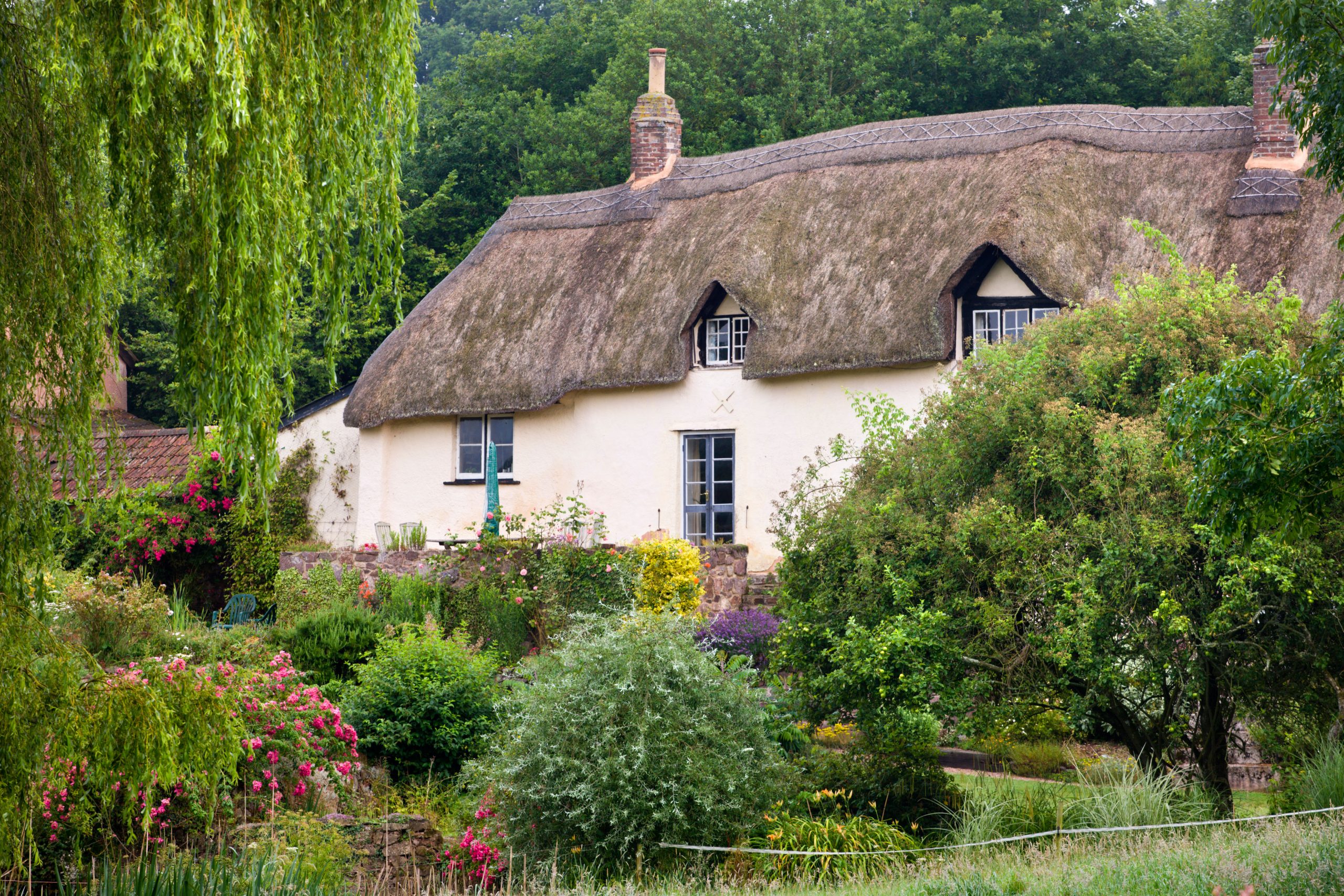

It’s hard to make sense of property prices at the moment. The latest ONS house price figures showed a massive slowdown in July, but the year-on-year figures aren't as reliable as normal thanks to the effect of the Stamp Duty holiday introduced in 2020. Meanwhile, the early August numbers we had the week before showed that prices are still growing — the Nationwide reported the second largest monthly jump in 15 years.
What does seem a fairly sure bet, however, is that the shift to the country that emerged last year will continue — and it's already been reflected in the market. Research from Cornerstone Tax showed 10.8% annual house price growth for homes outside major cities in the past year, compared to 8.9% growth for city properties.
A YouGov poll for the BBC backs up the sentiment: 70% of 1,684 people surveyed believed that workers would 'never return to offices at the same rate' as they did before the pandemic — something that will come as no surprise to the millions who now find themselves working in an office only two or three days a week. And while some high-profile employers have poured scorn on the idea that we won't all go back to the office — David Solomon of Goldman Sachs called it 'an aberration' back in February — the BBC's survey found that 'senior business leaders' are even more convinced than their employees that WFH is here to stay. 79% predicted that we'll never again work in offices as we once did.
Although many people have been encouraged to return to the office at least part-time from this summer, the potential risk of a rise in Covid cases in winter, coupled with a shift in culture among both companies and staff, means remote working is only likely to become even more embedded for good as part of our new work culture.
"Where people moved to is not caused by Covid — it's the realisation of many long-term reasons and desires that are becoming ever-more reasonable."
Which brings is to the side-effect of the aforementioned rise in country property prices, as people look for houses with more space both in and outdoor and relish the mental health benefits that come from living close to green spaces or the coast.
However, notes David Hannah, principal consultant at property tax company Cornerstone Tax, Covid is not the only factor that persuaded more than 3.3 million people to leave the city for villages and rural areas.
'Many of us have long-dreamed of a slower life in the country, and the cultural significance of this dream is nothing new,' he says.
Sign up for the Country Life Newsletter
Exquisite houses, the beauty of Nature, and how to get the most from your life, straight to your inbox.
'The ubiquitous effects of the pandemic and the various lockdowns it caused has naturally had a significant impact, mainly by making the culture of work less rigid. The Government's interference in the property market has also given many people the impetus to sell their home and buy another,' he added.
But there's more to it than that, insists Mr Hannah: 'Where people moved to is not something caused by Covid,' he insists, 'but rather the realisation of many long-term reasons and desires that are becoming ever-more reasonable.'
For this reason, the deurbanisation trend looks set to remain strong in the coming months, which means that, although the tapering out of the stamp-duty holiday inevitably led to a nationwide market cooling earlier in the summer, the future continues to look solid for rural prices.
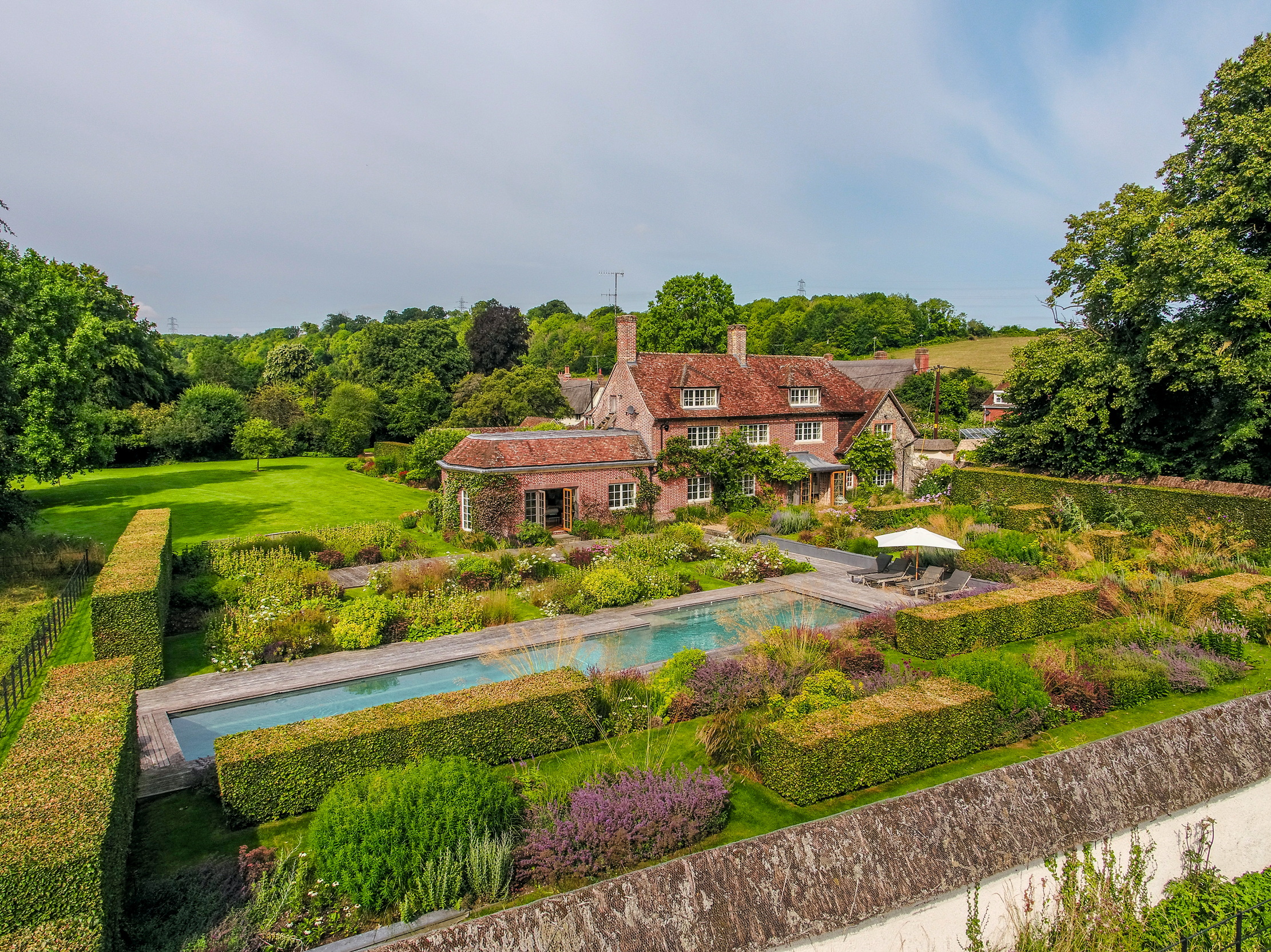
Credit: Strutt and Parker
Best country houses for sale this week
An irresistible West Country cottage and a magnificent Cumbrian country house make our pick of the finest country houses for
Carla must be the only Italian that finds the English weather more congenial than her native country’s sunshine. An antique herself, she became Country Life’s Arts & Antiques editor in 2023 having previously covered, as a freelance journalist, heritage, conservation, history and property stories, for which she won a couple of awards. Her musical taste has never evolved past Puccini and she spends most of her time immersed in any century before the 20th.
-
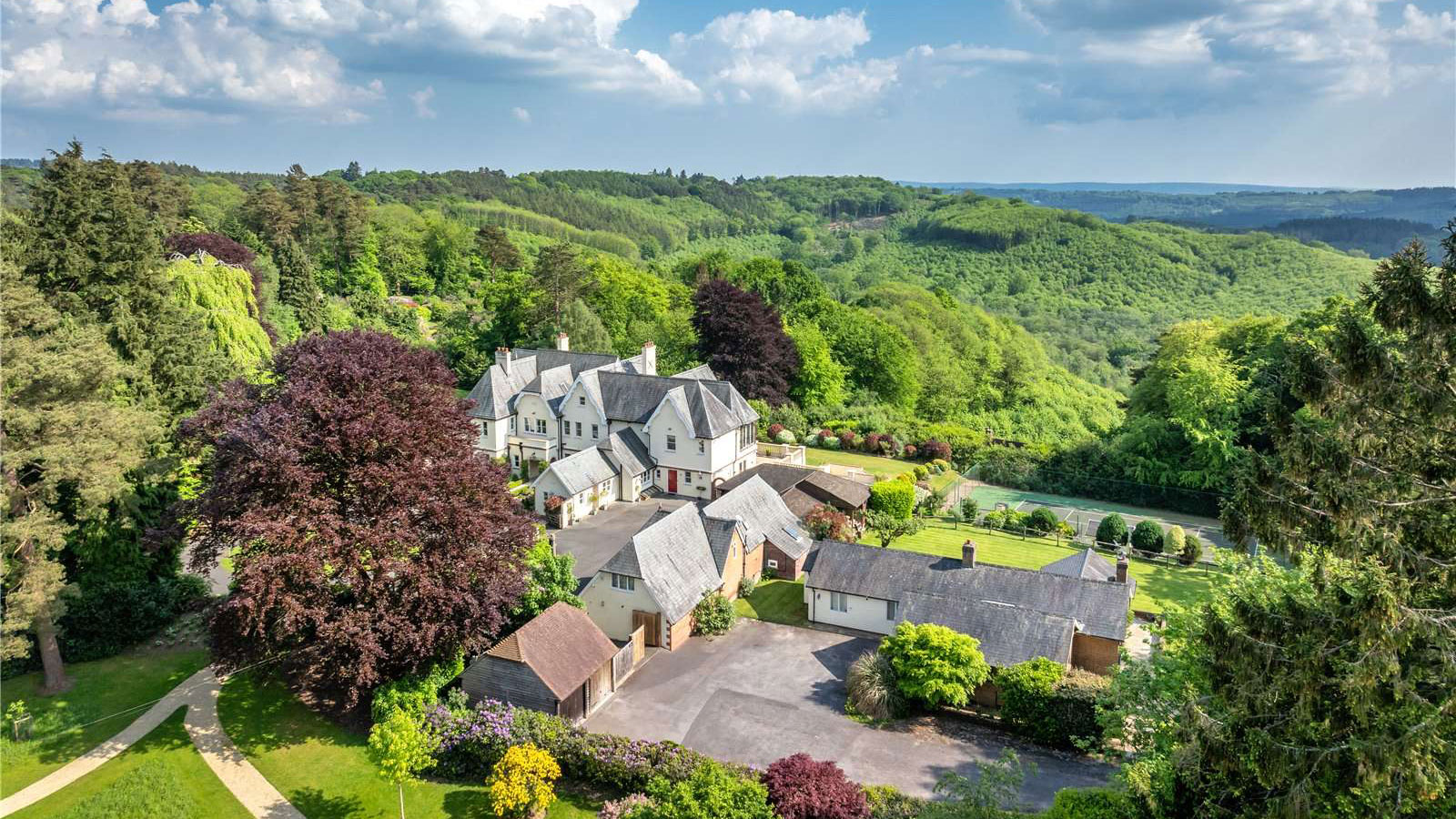 Six rural properties with space, charm and endless views, as seen in Country Life
Six rural properties with space, charm and endless views, as seen in Country LifeWe take a look at some of the best houses to come to the market via Country Life in the past week.
By Toby Keel
-
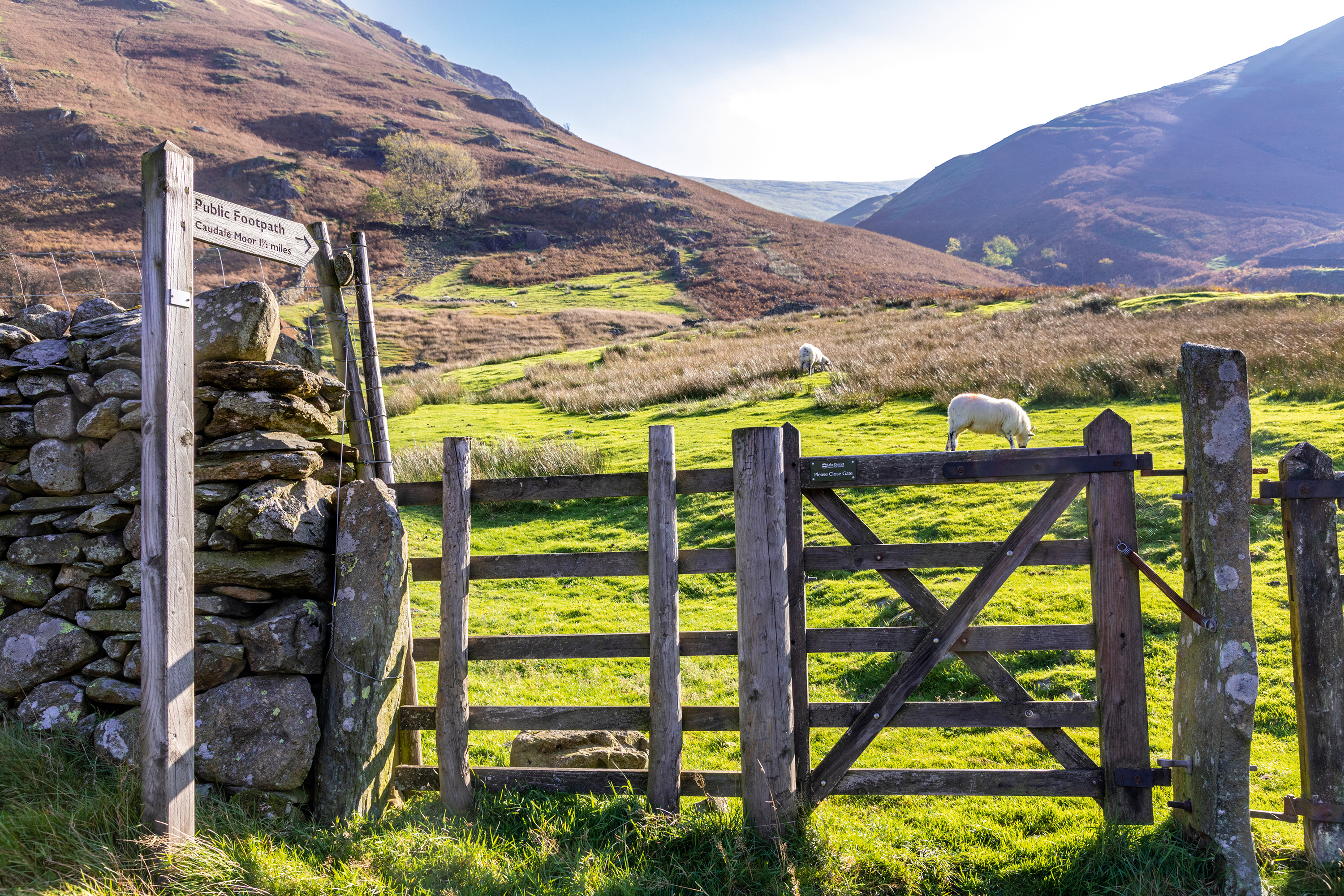 Exploring the countryside is essential for our wellbeing, but Right to Roam is going backwards
Exploring the countryside is essential for our wellbeing, but Right to Roam is going backwardsCampaigners in England often point to Scotland as an example of how brilliantly Right to Roam works, but it's not all it's cracked up to be, says Patrick Galbraith.
By Patrick Galbraith
-
 You're having a giraffe: Country Life Quiz of the Day, April 25, 2025
You're having a giraffe: Country Life Quiz of the Day, April 25, 2025Friday's Quiz of the Day brings your opera, marathons and a Spanish landmark.
By Toby Keel
-
 Country houses, cream teas and Baywatch: Country Life Quiz of the Day, April 24, 2025
Country houses, cream teas and Baywatch: Country Life Quiz of the Day, April 24, 2025Thursday's Quiz of the Day asks exactly how popular Baywatch became.
By Toby Keel
-
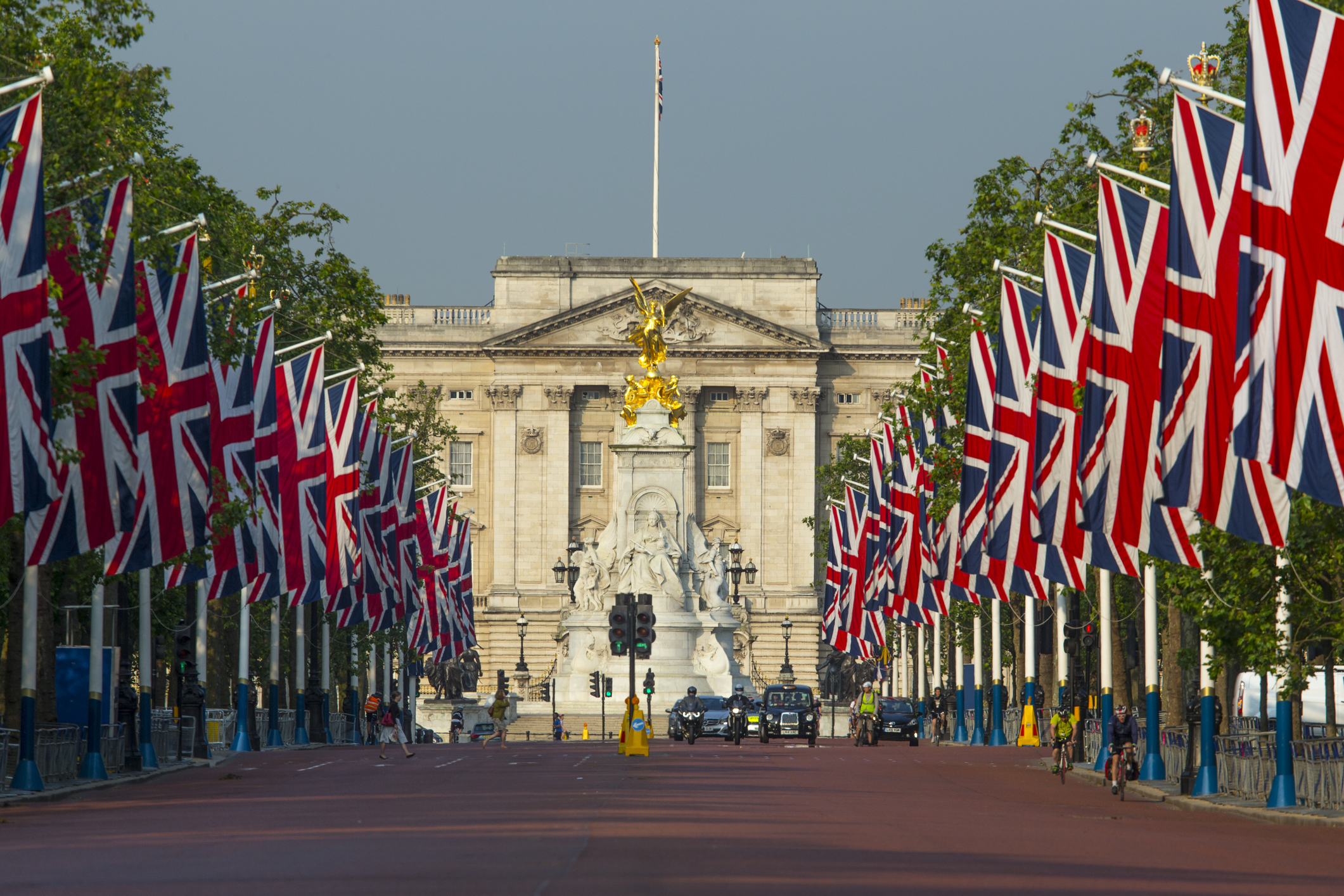 The loos of Buckingham Palace: Country Life Quiz of the Day, April 23, 2025
The loos of Buckingham Palace: Country Life Quiz of the Day, April 23, 2025Wednesday's Quiz of the Day looks at St George, royal toilets and German alcohol laws.
By Toby Keel
-
 The King's favourite tea, conclave and spring flowers: Country Life Quiz of the Day, April 22, 2025
The King's favourite tea, conclave and spring flowers: Country Life Quiz of the Day, April 22, 2025Tuesday's Quiz of the Day blows smoke, tells the time and more.
By Toby Keel
-
 Chocolate eggs, bunnies and the Resurrection: Country Life Quiz of the Day, April 18, 2025
Chocolate eggs, bunnies and the Resurrection: Country Life Quiz of the Day, April 18, 2025Friday's quiz is an Easter special.
By James Fisher
-
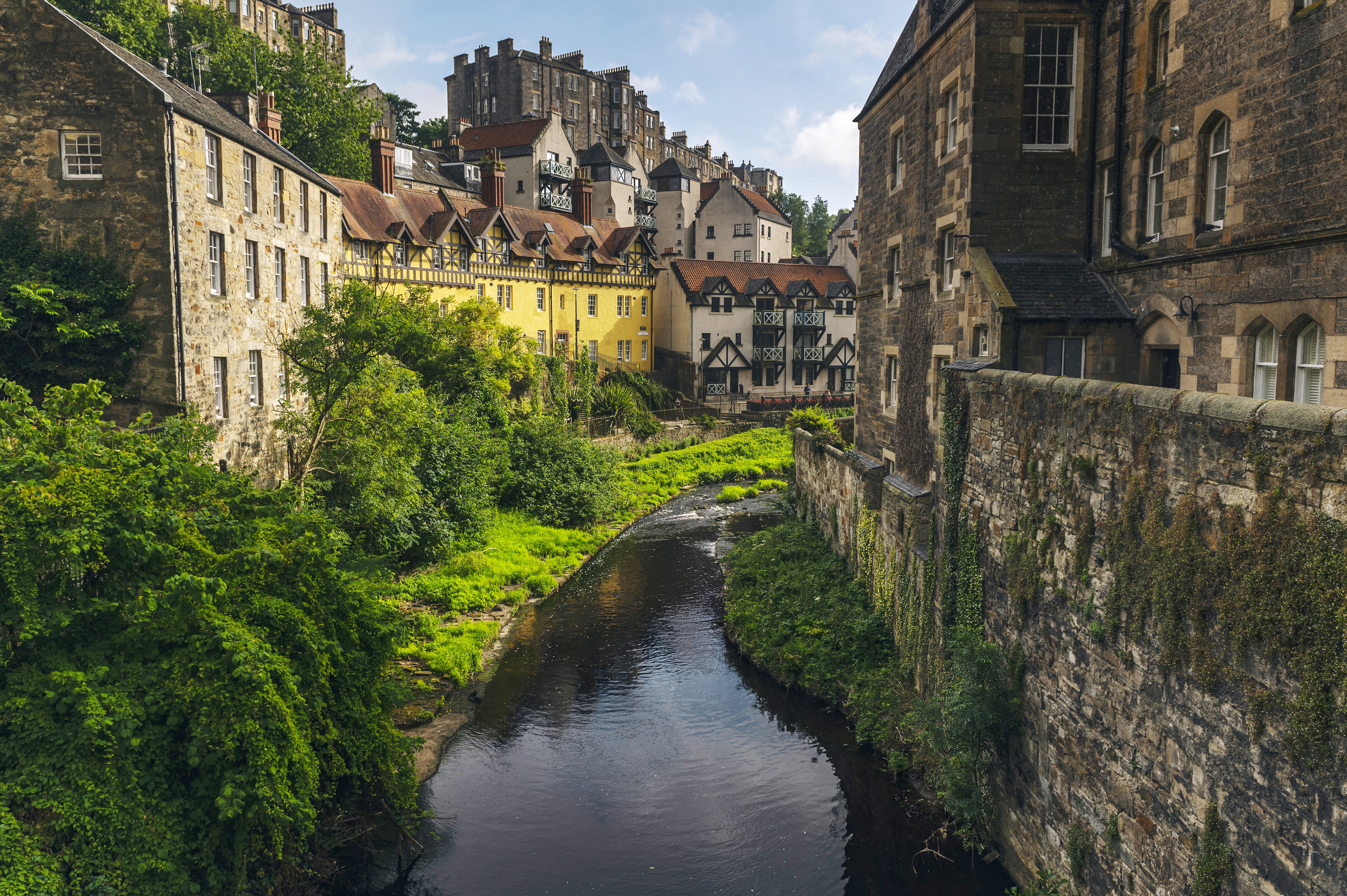 Human teeth, Scottish cities and a visit from Caesar: Country Life Quiz of the Day, April 17, 2025
Human teeth, Scottish cities and a visit from Caesar: Country Life Quiz of the Day, April 17, 2025Thursday's quiz tests your knowledge on a certain Prime Minister's last words, obscure artistic movements and royal weddings.
By Rosie Paterson
-
 The Great Gatsby, pugs and the Mitford sisters: Country Life Quiz of the Day, April 16, 2025
The Great Gatsby, pugs and the Mitford sisters: Country Life Quiz of the Day, April 16, 2025Wednesday's quiz tests your knowledge on literature, National Parks and weird body parts.
By Rosie Paterson
-
 The battle of the bridge, Balloon Dogs and flat fish: Country Life Quiz of the Day, April 15, 2025
The battle of the bridge, Balloon Dogs and flat fish: Country Life Quiz of the Day, April 15, 2025Tuesday's quiz tests your knowledge on bridges, science, space, house prices and geography.
By James Fisher